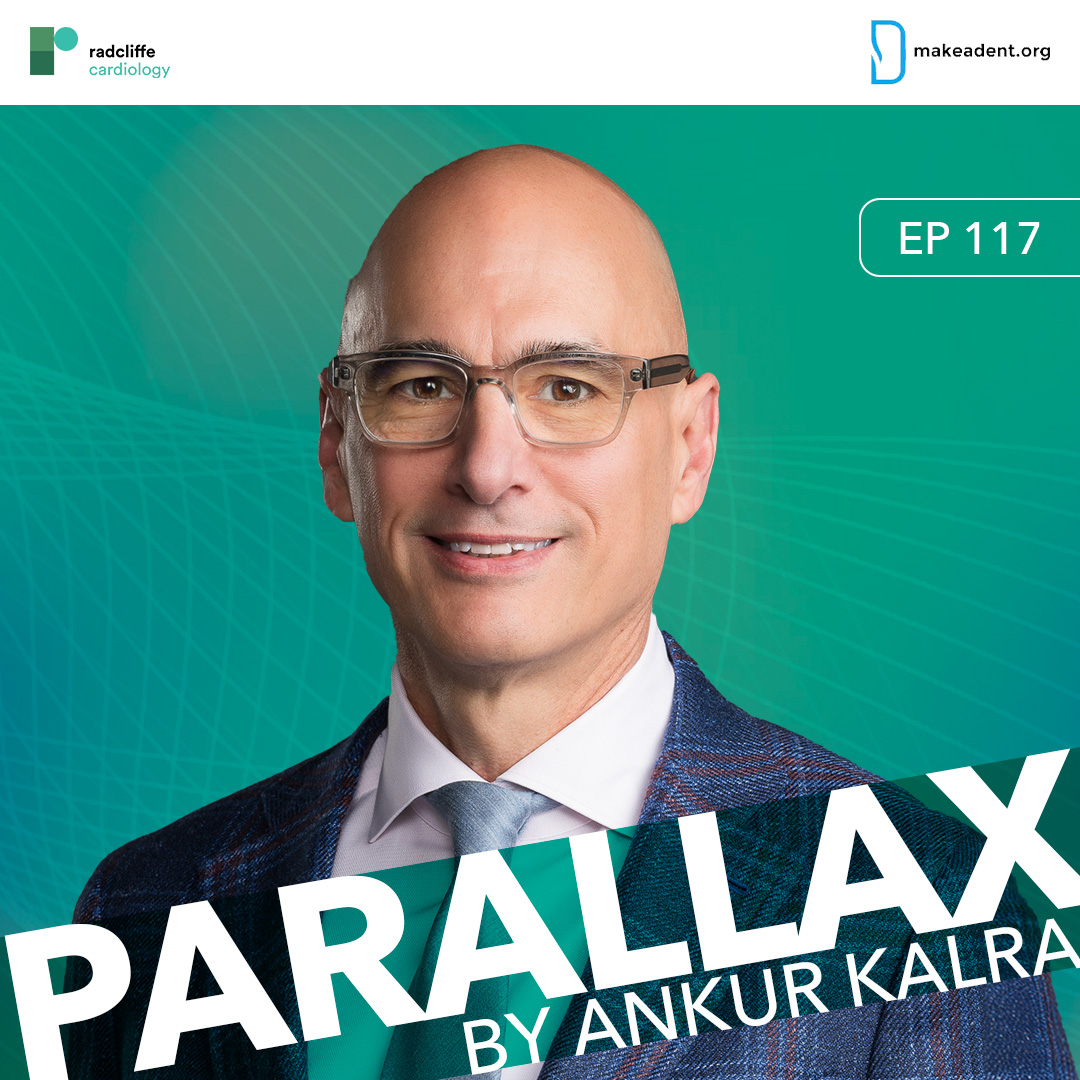
This week on Parallax, Dr Ankur Kalra welcomes Dr Marc Gerdisch to discuss a groundbreaking study on reducing opioid use after cardiac surgery.
Dr Marc Gerdisch is the Chief of Cardiovascular and Thoracic Surgery and Co-Director of the Heart Valve Center and Atrial Fibrillation Program at Franciscan St. Francis Health. He is a senior partner at Cardiac Surgery Associates and a Clinical Assistant Professor of Thoracic and Cardiovascular Surgery at Loyola University Medical Center in Chicago.
Dr Gerdisch shares insights into his research on rigid sternal fixation and enhanced recovery protocols, which have shown promising results in postoperative pain management and patient recovery.
In this episode, Dr Kalra and Dr Gerdisch discuss the specifics of the study, including the four-cohort design and the steps taken to expedite opioid-free recovery. Dr Gerdisch also shares valuable advice on overcoming physician inertia and building a strong case for implementing such a programme, including cost-benefit analysis considerations.
What motivated the study? How can a holistic approach to cardiac surgery recovery be implemented? What advice does Dr Gerdisch have for our listeners?
Sources:
Gerdisch MW, et al. Ann Thorax Surg 2024. Rigid Sternal Fixation and Enhanced Recovery for Opioid-Free Analgesia After Cardiac Surgery. DOI: 10.1016/j.athoracsur.2024.06.032
CE Cox. TCTMD 2024. Holistic Approach to Cardiac Surgery Can Sharply Cut Opioid Use. Available at: www.tctmd.com/news/holistic-appr…ply-cut-opioid-use. Accessed August 12, 2024.
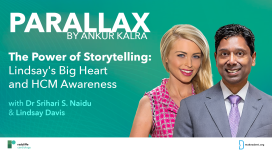



Tune in to discover the strategies that Dr. Kalra and Dr. Alasnag are currently employing and gain insights into how these data will shape their future decision-making in the catheterization laboratory. Don't miss this informative discussion at the forefront of interventional cardiology.

As we adapt to the changes brought about by the pandemic, Dr Singh outlines the necessary steps to foster a reality in which we can utilize these technologies to create more time for human connection.

Dr Owens is Medical Director of the Center for Inherited Cardiac Disease and Associate Professor of Medicine at the Hospital of the University of Pennsylvania.
This series is supported by an unrestricted educational grant from Bristol Myers Squibb. Please see www.camzyosrems.com for important safety information.
This content is intended for US-based physicians.
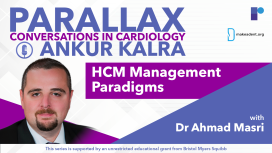
This series is supported by an unrestricted educational grant from Bristol Myers Squibb. Please see www.camzyosrems.com for important safety information.
This content is intended for US-based physicians.
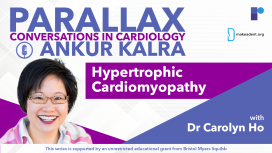
This series is supported by an unrestricted educational grant from Bristol Myers Squibb. Please see www.camzyosrems.com for important safety information.
This content is intended for US-based physicians.
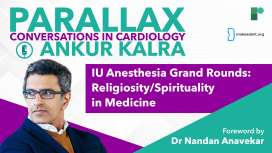
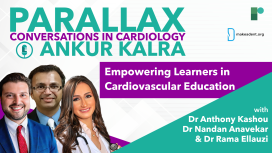




What is the Global Cardiology University project? How does Dr Anavekar encourage trainees to re-examine their role in patient care? What is his advice to our listeners?

As Dr Kalra asks Dr Rao about the ways in which early career faculty members can get involved with the organization at a state level. Dr Rao shares his insider tips and highlights key events where individuals can further their participation.
How can you get involved with your local ACC chapter? How can you improve your leadership skills? What is Dr Rao’s advice for our listeners?

He explains how the complexity of nutrition and the compounds generated by the gut microbiome can impact our health. We learn more about three compounds produced by our gut microbiome that have a strong connection with heart disease.
Through this conversation, Dr Vuyisich invites us to reframe our approach to nutrition and prevention as a question of food education and data-driven science.







